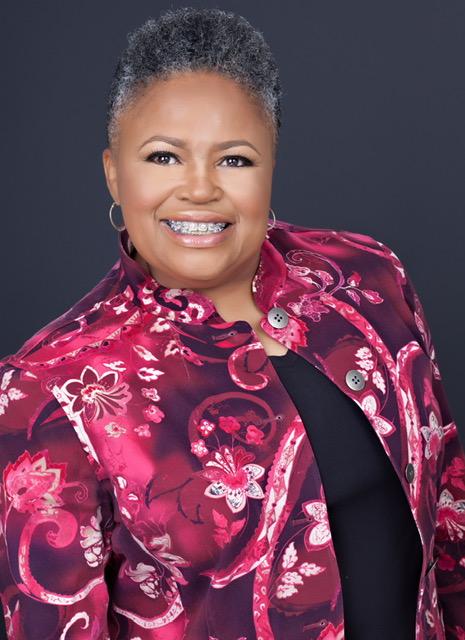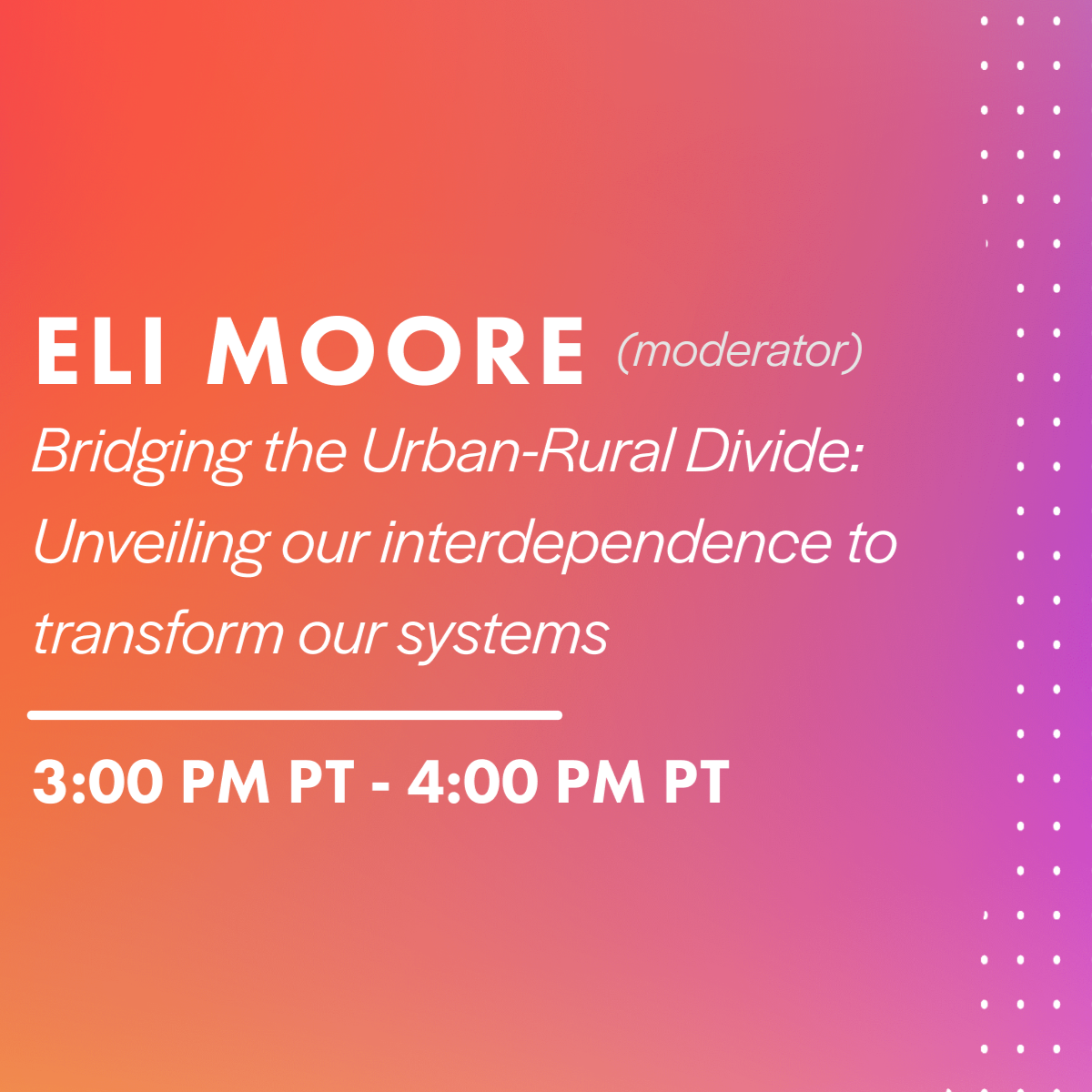Monica Lewis-Patrick
President & CEO, We the People of Detroit
Monica Lewis-Patrick is an educator, entrepreneur, and human rights activist/advocate. Along with the other four founders of We the People of Detroit (WPD), she, with the leadership of volunteers and community experts, placed herself and WPD at the forefront of the water justice struggle in Michigan, across the country and globally. Lewis-Patrick is known throughout the environmental justice community as The Water Warrior. She is actively engaged in the struggle for access to safe, affordable water for all under-resourced communities.
She currently serves as a member of several organizations, boards, and committees dedicated to the advancement of water equity, including the National Water Affordability Table, All About Water/Freshwater Future - Subcommittee, PolicyLink- Water Energy Resource Caucus (WERC), Michigan Water Unity Table, End Water Poverty, and Healing Our Waters/Equity Advocacy and Action Committee. In October of 2015, she was named to the World Water Justice Council. In 2019 she was appointed to the International Joint Commission (IJC) Great Lakes Water Quality Advisory Board, and she received an appointment to the Michigan Advisory Council on Environmental Justice by Gov. Whitmer.
As a former Lead Legislative Policy Analyst for Detroit City Council, Monica has authored legislation, conducted research, and delivered constituency services to thousands of city residents. Lewis-Patrick attended the historic Bennett College. She is a graduate of East Tennessee State University with a Bachelor's degree in Social Work and Sociology and a Masters of Arts of Liberal Studies degree with a concentration in Criminal Justice/Sociology and Public Management. She has also received the honor of being selected as a Michigan State University Water Fellow and Ron McNair Scholar.



